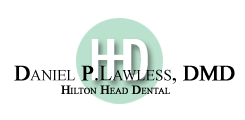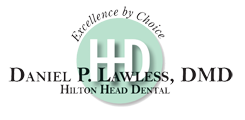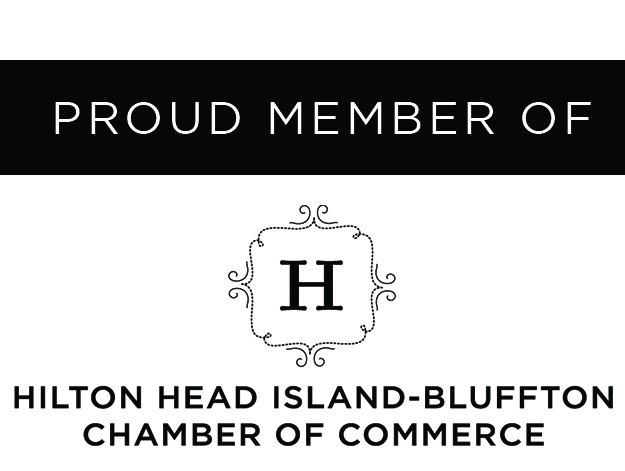INFECTION CONTROL
Today there is no question that infectious diseases, including AIDS, herpes, hepatitis, and even the common cold, are issues important to all of us. We want you to know that we share your concern, and that we will continue to strive to maintain the health and well-being of you and your family while receiving dental care in our office.
We're so concerned, in fact, that you may have noticed some changes since your last visit. We join with the American Dental Association in taking steps to increase your awareness of infection control.
To protect your health
Because you are a valued patient, we pledge to do our best to protect your health by controlling and preventing the spread of diseases and infections. It has always been our policy to provide the utmost in care and cleanliness for our patients. Thus, procedures we have always used, as well as new ones may include:
- Scrubbing our hands before and after treating each patient.
- Wearing disposable gloves and changing them between each patient.
- Wearing masks that prevent viruses and bacteria from entering or leaving the nose and mouth.
- Wearing protective eyeglasses.
- Using the latest proven sterilization methods on instruments; these may include steam autoclave, dry heat, chemical vapor sterilizers and chemical sterilants.
- Meticulously cleaning and wiping down counter tops, chairs, and other surfaces of the treatment rooms before we treat you.
- Using disposable products wherever possible to eliminate cross-infection.
- Carefully handling all disposable materials by discarding them in plastic bags to minimize human contact.
Preventing Cross-Infection
Truthfully, these hygienic measures are nothing new. In fact, we've practiced many of them in our office for a long time. We do this to minimize the risk of cross-infection from:
- Dentist to patient
- Patient to dentist
- Patient to patient
In doing so we make every effort to protect you from bacterial and viral infection, such as herpes, hepatitis, tuberculosis, AIDS and even respiratory viruses that cause the common cold.
What you can do at home
There are also some precautions that you and your family can take to safeguard your health, in general. Here are just a few of them:
- Wash your hands prior to meal preparation, eating, and handling foods.
- Wash your hands immediately after using the bathroom.
- If you use a wooden cutting board, make sure to cleanse it thoroughly after using. with hot, soapy water. Apply a solution of household bleach to it for 15 minutes after use, or run it through the dishwasher.
- Don't share drinking glasses or toothbrushes with friends or family members.
- Cover your mouth when coughing; cover your mouth and nose when sneezing.
- When you're sick, stay home and rest.
- If you have open sores that look unusual or don't heal within a couple of days, be sure to consult your physician.
A final note...
When you visit our office you can feel confident that your health and the health of your family are protected. If you have any additional questions, please ask us. We have a deep concern to prevent illness and safeguard your health.
Back to top




